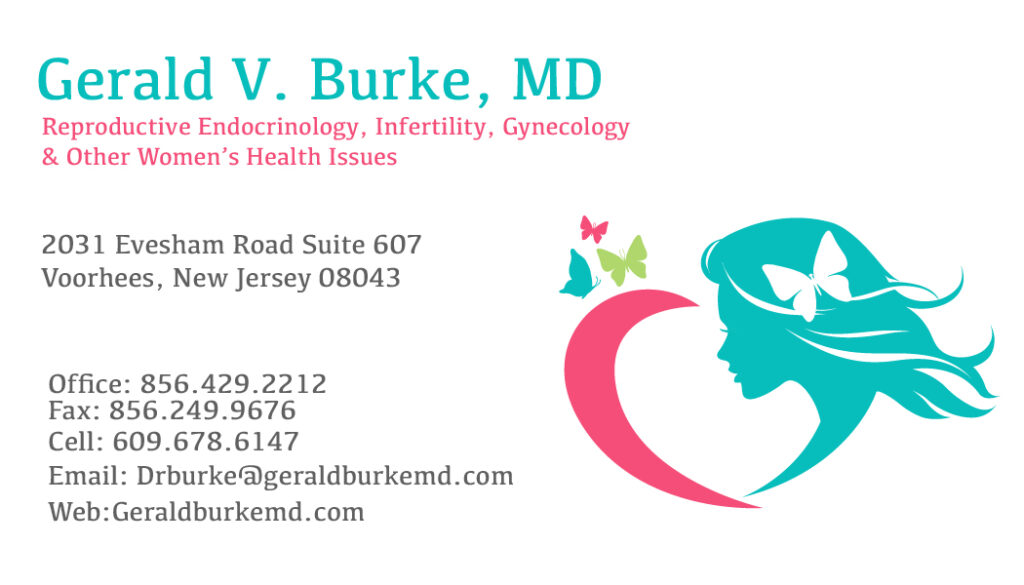(waiting on Dr. Burke for his article on PMDD)
Many women suffer with extremely distressing emotional and physical symptoms during her monthly menstrual cycle. Is this normal or could it be PMDD?
What is PMDD?
PMDD is a gynecologic disease with both emotional and physical manifestations. This is a reflection of the effects that occur when the naturally occurring hormonal shifts a woman experiences monthly during an ovulatory menstrual cycle become imbalanced.
Consistent, successful treatment of both the physical and emotional symptoms requires an in-depth understanding of these monthly, feminine hormonal changes.
How to find relief from PMDD symptoms
Only by adjusting and correcting these imbalances will a woman experience relief of the frequently disabling emotions of anger, anxiety, depression, etc. that are the emotional manifestations of these underlying hormonal imbalance.
Many women experience these symptoms at some time during their lives to a greater or lesser degree. This is a reflection of variability in their ovulatory function. When the symptoms begin to disrupt their daily lives, they seek treatment.
PMDD and hormonal imbalances
Unfortunately, the adjustment and correction of the ovulatory hormones involved in theses symptoms is not within the sphere of training and abilities of nurse practitioners, physician’s assistants, family physicians, psychiatrists, general ob/gyns and even medical endocrinologists.
PMDD: An Ovulation Issue
While they may be familiar with ovulation, they lack the intimate knowledge and understanding of the interaction of these monthly hormonal changes and how combinations of inappropriate levels create an environment in the brain that results in the distressing behaviors of PMDD.
The knowledge and understanding required to bring a resolution to more severe and refractory cases of PMDD will only be found in the sphere of the reproductive endocrinologist, a sub-specialty area of obstetrics and gynecology (similar to gynecologic oncology and maternal-fetal medicine).
Emotional Symptoms
Ovulation is required because it is only with the production of the hormone progesterone, a hormone that the body produces with ovulation or attempts at ovulation, that the emotional symptoms, anger and anxiety, depressions, crying, suicidal ideation, etc. will occur.
A blood level of progesterone that is less than what the woman’s brain is accustomed to seeing triggers these symptoms. While often attributed to psychiatric ailments, they are not and do not respond to psychiatric treatments.
This is why it is so important to initially accurately determine if the symptoms are indeed the result of progesterone production. If they are, then they are very responsive to PMDD therapies. If they are not, then they will not improve with these treatments and psychiatric care is needed. Making this determination is essential to successful care.
Help and relief from PMDD
If you, as a woman, find yourself experiencing monthly symptoms of any sort that start in the second part of the month and end on or before the end of your menstrual flow, then there is a good chance that you are experiencing PMDD from these monthly hormonal changes.
If these are moderate to severe such that your daily life is being interrupted, then consulting a reproductive endocrinologist who specializes in the treatment of the PMDD that can result from these changes can bring emotional stability back to your life.
If you have further questions, please reach out to our office.
Call now to schedule an appointment.
Phone: 856-429-2212
You might also be interested in…


